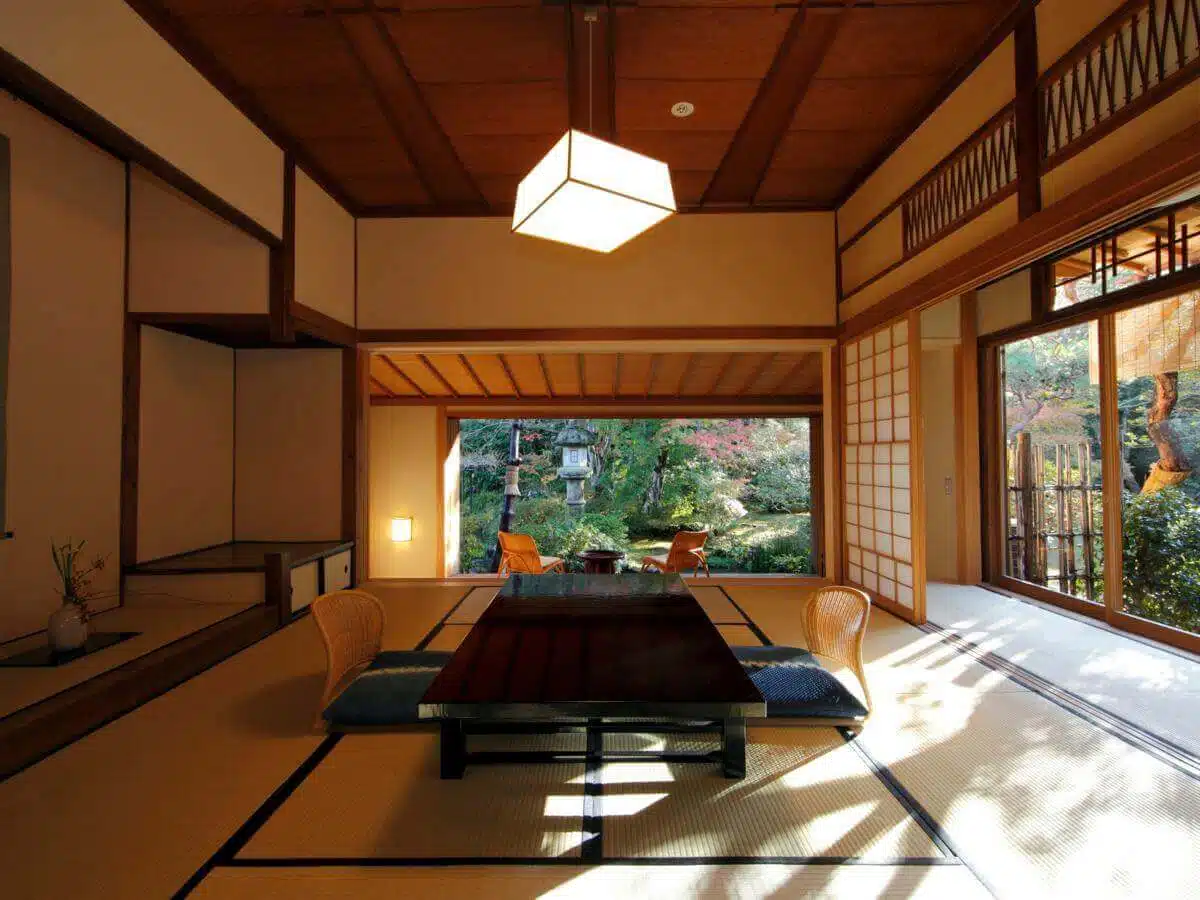When planning a trip to Japan, choosing the right type of accommodation can shape your entire experience. From traditional inns that let you step back in time to sleek modern hotels with every convenience, Japan offers a wide range of places to stay. Below is a guide to the most common accommodation options, each with its own character and benefits.
Hotels (ホテル)
Hotels are the most common choice for international travelers. They range from budget-friendly business hotels to luxury five-star properties.
- Business Hotels: Found in almost every city, these are compact, efficient, and usually located near train stations. Rooms are small but functional, with amenities like Wi-Fi, a desk, and often coin-operated laundry machines. They’re great for short stays or for travelers who plan to spend most of their time exploring.
- Luxury Hotels: Found in major cities such as Tokyo, Kyoto, and Osaka, these hotels offer spacious rooms, international cuisine, spas, and concierge services. Many are located near famous landmarks or within tall skyscrapers, offering stunning views of the city skyline.
- Chain Hotels: Brands like APA Hotel or Dormy Inn provide a balance between comfort and affordability, often with extras like on-site public baths (onsen-style) or complimentary late-night noodles.
Hotels are a practical choice for travelers who want familiarity, convenience, and a straightforward stay.
Ryokan (旅館)
For a uniquely Japanese experience, staying at a ryokan is unforgettable. These traditional inns allow guests to immerse themselves in Japanese culture and hospitality.
- Tatami Rooms: Guests sleep on futons laid out on straw mat flooring, often in spacious rooms with sliding paper doors (shoji).
- Meals: A major highlight is the multi-course kaiseki dinner, featuring seasonal and regional delicacies beautifully presented. Breakfast often includes grilled fish, rice, miso soup, and pickles.
- Onsen: Many ryokan feature natural hot spring baths, with gender-segregated or private options. Bathing etiquette is an important part of the experience.
- Atmosphere: The pace is slower and more serene compared to a hotel. Staff, often dressed in kimono, provide highly personalized service.
Ryokan stays are especially recommended in onsen towns like Hakone, Kinosaki, or near Mount Fuji, where natural surroundings add to the charm.
Capsule Hotels (カプセルホテル)
Capsule hotels are a uniquely Japanese innovation, offering affordable and efficient lodging.
- Sleeping Pods: Guests sleep in compact pods stacked side by side, each equipped with lighting, ventilation, a TV, and power outlets. Despite the size, they are surprisingly comfortable.
- Facilities: Shared bathrooms, lounges, and sometimes public baths are provided. Luggage is stored in lockers, as the pods themselves are not large enough for big suitcases.
- Use Case: Popular with solo travelers, businesspeople who miss the last train, or tourists looking for a novelty experience.
While not designed for long stays, capsule hotels are a fascinating option for adventurous travelers who want to try something distinctively Japanese.
Guesthouses & Hostels (ゲストハウス・ホステル)
These are excellent choices for budget-conscious travelers and those who enjoy meeting people from around the world.
- Dormitory-Style Rooms: Shared bunk beds or tatami rooms keep costs low. Some also offer private rooms at a higher price.
- Communal Spaces: Kitchens, lounges, and shared bathrooms encourage interaction between guests. Some hostels host cultural activities like cooking classes or walking tours.
- Atmosphere: Friendly and social, they are particularly popular among backpackers and younger travelers.
Guesthouses are widely available in big cities and tourist destinations, often with multilingual staff.
Check-out our own Guesthouses right here located only 2 stations away from Universal Studios Japan in Osaka!
Minshuku (民宿)
Minshuku are family-run guesthouses that provide a homely, local experience.
- Rooms: Similar to ryokan but more modest, with futons on tatami mats.
- Meals: Home-cooked dishes, often made from local produce or seafood, are a highlight. Guests can taste regional specialties in an intimate setting.
- Atmosphere: Staying in a minshuku feels like being welcomed into someone’s home. The experience is warm, personal, and often more affordable than ryokan.
They are especially common in rural areas or small towns, such as along the Nakasendo trail or near the Japanese Alps.
Unique Options
For travelers looking for something out of the ordinary, Japan also offers unusual stays.
- Temple Lodging (宿坊, Shukubō): Guests can stay in Buddhist temples, join morning prayers, and enjoy vegetarian monk’s cuisine (shōjin ryōri).
- Farm Stays (農泊, Nōhaku): Experience rural life by staying with farming families, helping with seasonal activities like rice planting or fruit picking.
- Love Hotels (ラブホテル): While originally designed for couples seeking privacy, many are now popular among tourists for their quirky themed rooms and affordable overnight rates.
These options allow travelers to engage with Japan in ways that go beyond sightseeing, offering memorable cultural encounters.
In short: Japan’s accommodation choices are as diverse as the country itself. Whether you want efficiency, luxury, tradition, or novelty, there’s an option that matches your travel style and budget.

